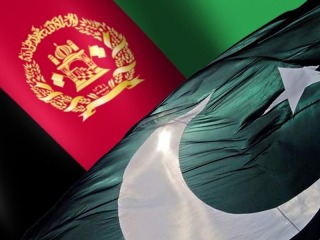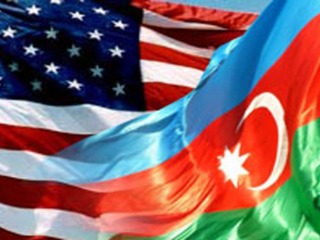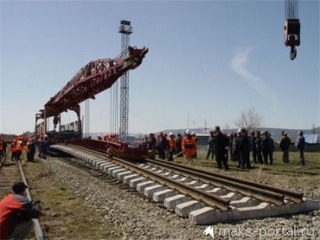Pakistan's New Strategic Leadership and the Afghanistan Situation
By Naveed Ahmad (the 08/01/2014 issue of the CACI Analyst)
Pakistan’s third-time Prime Minister Nawaz Sharif has appointed a new Chief of Army Staff replacing former President Pervez Musharraf’s handpicked man, General Ashfaq Pervez Kiani. The elevation of General Raheel Sharif made global headlines primarily due to the country’s nuclear capability and its military’s tendency to intervene in politics through overt coup d’états. General Sharif, however, assumes leadership of the world’s sixth largest military at a time when NATO troops are in a process of withdrawing from Afghanistan after a presence lasting over a decade. Despite Pakistan’s improved democratic credentials, the leverage of its army chief on policies towards Afghanistan and India is likely to remain as decisive as it has ever been.

“CACI Analyst, November 27, 2013”
The Strategic Context of U.S.-Azerbaijan Relations after the Presidential Elections
By Mamuka Tsereteli (the 27/11/2013 issue of the CACI Analyst)
On October 9, 2013, Azerbaijan held presidential elections and incumbent president Ilham Aliyev was re-elected for another five year term. The OSCE ODIHR observer mission, as well as the U.S. government, issued critical statements about the conduct of elections by Azerbaijani authorities that created tensions in Azerbaijan’s relationships with Western allies. Issues of concern need to be addressed, but they should not disrupt Western engagement and critical support for Azerbaijan’s sovereignty against the backdrop of assertive Russian policies to limit the Western presence in the broader Eastern European and Central Eurasian Space.

The Turkmenistan-Afghanistan-Tajikistan Railroad Project: The Prospects of the New Silk Road
By Oleg Salimov (the 27/11/2013 issue of the CACI Analyst)
The challenges of economic development and regional integration in Central Asia have given rise to a number of projects in various spheres. Among these, the “Turkmenistan-Afghanistan-Tajikistan” railroad is directly aimed at stimulating the participating countries' economies through the creation of a better transportation system for easy access to new markets. The project's goal is to expand regional infrastructure, connect the landlocked countries with seaways, and eventually link Eurasian and Southeast Asian markets. The ability of the participants to successfully finalize construction of the railroad, provide security, and incite an interest from other countries will determine whether this project can mark the beginning of a new Silk Road.

TTP-Pakistan Dialogue: The Post-Hakimullah Scenario
By Rizwan Zeb (the 13/11/2013 issue of the CACI Analyst)
After the death of Tehreek-e-Taliban Pakistan (TTP) leader Hakimullah Mehsud in a U.S. drone attack and the appointment of the hardliner and staunchly anti-Pakistan Mullah Fazlullah, prospects for Pakistan’s dialogue process with the TTP seem bleak. Prime Minister Nawaz Sharif nevertheless pledged to continue the peace talks. At the heart of this decision is the confusion that after more than a decade, Pakistan’s political leadership is still debating whether this is its war and whether they should talk to its own people. This position indicates a clear lack of understanding of the jihadist mindset, and of the realities and challenges that Pakistan is facing.



